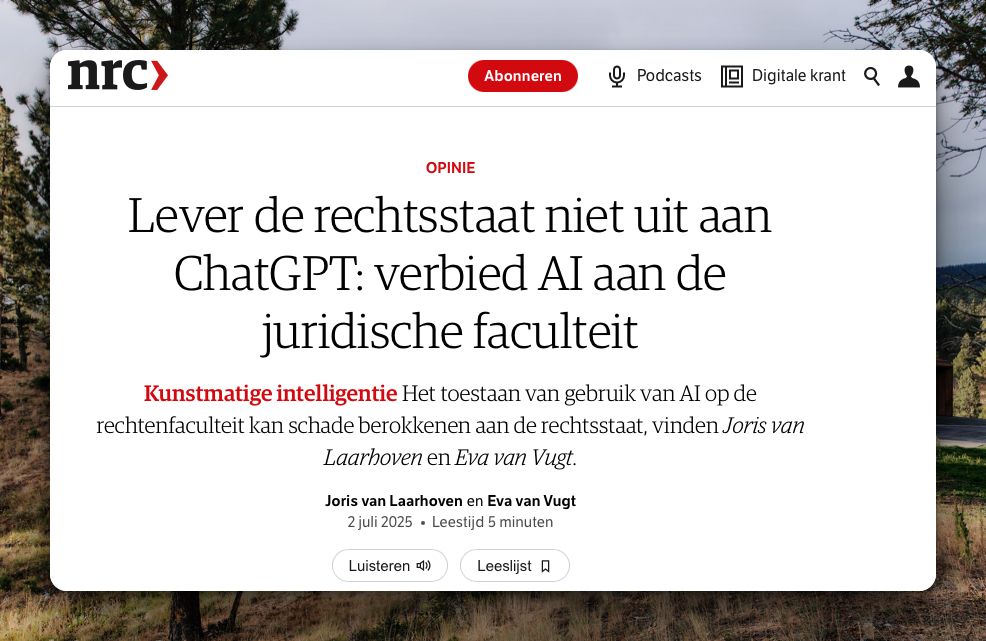
Associate Prof VU Amsterdam • Faculty Affiliate Stanford • Into Running 🏃🏻
#antitrust #AI #complexityscience #digitalmarkets #blockchain
📕 www.thibaultschrepel.com
📻 https://podcasters.spotify.com/pod/show/scalingtheory
Reposted by Thibault Schrepel

Read here 👇 www.networklawreview.org/crane-great-...
More information here: www.concorrencia.pt/en/events/ne...





➝ I added a new section on ex ante regulatory regimes and the way they suppress institutional memory, along with options to rebuild it through adaptive design.
➝ I added a proportionality analysis showing how adaptive regulation aligns with existing EU legal principles and case law.
➝ First, I provide an empirical look at the eight major EU Digital Acts (DMA, DSA, AI Act, Data Act...). I map which Acts embed monitoring tools, triggering mechanisms, and revision channels, and which ones still lack the structures needed for genuine adaptiveness.






➝ YouTube: youtu.be/T1fmu5dRbvA
➝ Apple: podcasts.apple.com/us/podcast/2...
➝ Spotify: open.spotify.com/episode/2UQQ...
Reposted by Thibault Schrepel

👉 networklawreview.org/spulber-indu...

👉🏼 Download here: papers.ssrn.com/sol3/papers....
Reposted by Thibault Schrepel

www.networklawreview.org/dosi-industr...
The investigation focuses on Google’s site reputation abuse policy and its impact on publishers → link.europa.eu/kb7P7H
#DMA

Reposted by Thibault Schrepel

The investigation focuses on Google’s site reputation abuse policy and its impact on publishers → link.europa.eu/kb7P7H
#DMA


